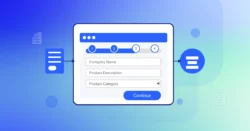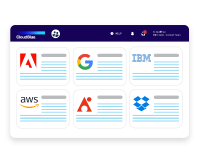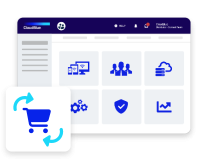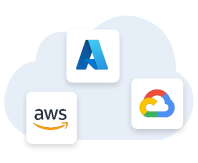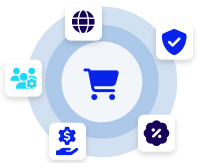Security as a Service (SECaaS) is a cloud-based service model that provides a range of security functionalities and solutions to organizations. It involves outsourcing security services to a third-party service provider who manages and delivers security measures, technologies, and expertise through the cloud.
SECaaS offers several advantages over traditional on-premises security solutions, such as reduced upfront costs, scalability, and access to specialized security expertise. Here are key aspects and benefits of SECaaS:
- Comprehensive Security Offerings: SECaaS providers offer a wide range of security services, including but not limited to threat detection and response, vulnerability management, data encryption, identity and access management, security monitoring, log management, and incident response. These services cover different aspects of security and help protect organizations against various cyber threats.
- Scalability and Flexibility: SECaaS solutions are scalable, allowing organizations to adjust their security services based on their needs. Whether an organization experiences growth, changes in IT infrastructure, or fluctuating security requirements, SECaaS providers can accommodate the evolving needs and scale their services accordingly.
- Cost-Effectiveness: SECaaS operates on a subscription or pay-as-you-go model, eliminating the need for upfront capital investments in hardware, software, and infrastructure. It reduces the costs associated with purchasing, maintaining, and upgrading security equipment and software. Additionally, organizations can benefit from predictable and transparent pricing structures.
- Expertise and Specialized Knowledge: SECaaS providers are dedicated security experts who possess specialized knowledge and skills in cybersecurity. They stay updated with the latest security threats, trends, and best practices. By partnering with a SECaaS provider, organizations can leverage this expertise without having to build and maintain an in-house security team.
- Continuous Monitoring and Management: SECaaS solutions often include real-time monitoring, threat intelligence, and proactive security measures. Security events and incidents are monitored and managed by the service provider, enabling timely detection and response to potential threats. This helps organizations stay protected and respond effectively to security incidents.
- Compliance and Regulatory Requirements: SECaaS providers often have compliance expertise and frameworks in place to assist organizations in meeting industry-specific regulations and data protection requirements. This can help organizations achieve and maintain compliance with standards such as GDPR, HIPAA, PCI DSS, or ISO 27001.
- Disaster Recovery and Business Continuity: Some SECaaS providers offer backup and disaster recovery services as part of their offerings. This helps organizations recover quickly in case of data loss or system failures, ensuring business continuity and minimizing downtime.
SECaaS allows organizations to focus on their core business activities while entrusting security responsibilities to specialized service providers. By leveraging SECaaS, organizations can enhance their security posture, mitigate risks, and address complex security challenges in a cost-effective and efficient manner.




